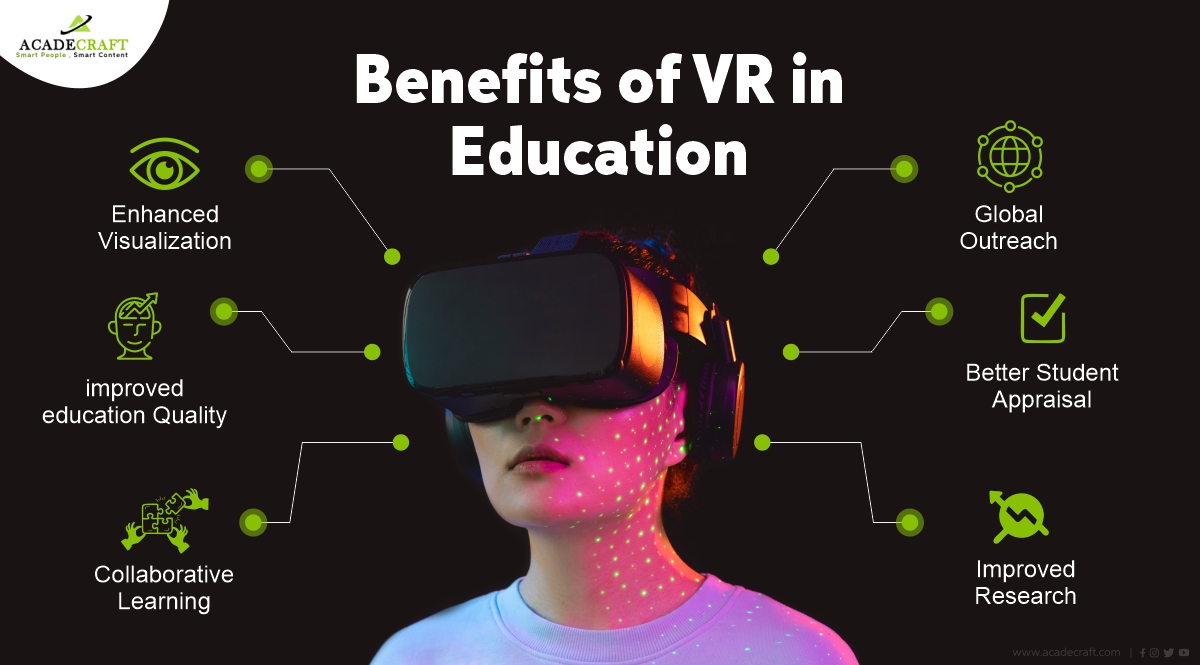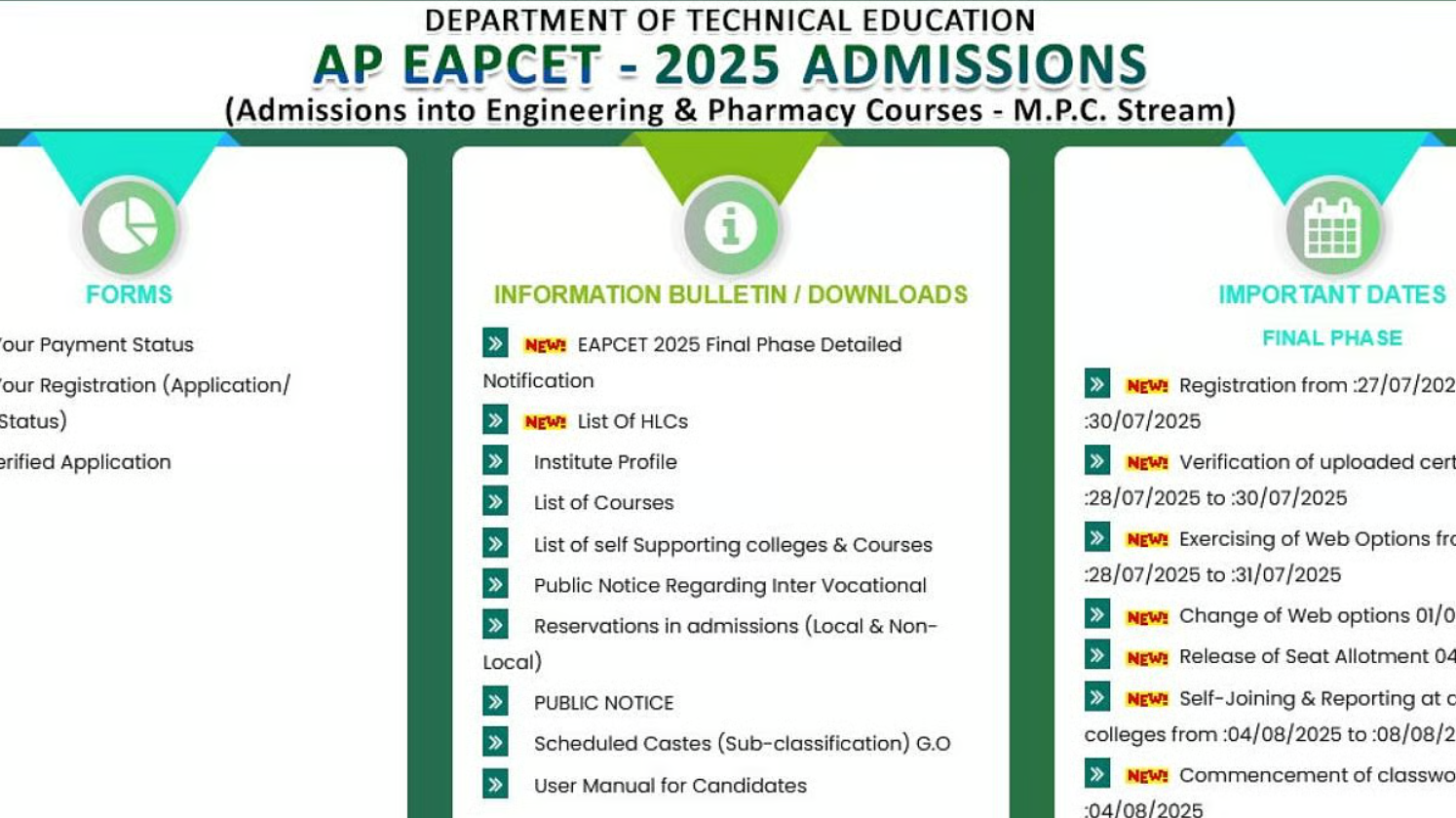The Educational Potential of Virtual Reality
In the realm of education, virtual reality (VR) stands as a transformative force, revolutionizing the way we learn and absorb information. The benefits of virtual reality in education extend beyond traditional methods, offering immersive and interactive experiences that captivate learners. As we delve into this virtual frontier, let’s explore how VR is reshaping the educational landscape.
Immersive Learning Environments
Traditional classrooms are giving way to virtual spaces that transport students to different times and places. Immersive learning experiences in virtual reality create a dynamic and engaging educational environment. Concepts that were once confined to textbooks come to life, fostering a deeper understanding of subjects.

Practical Knowledge through Real-world Simulations
One of the standout benefits of VR is its ability to simulate real-world scenarios. From complex scientific experiments to historical events, students can engage in hands-on learning without leaving the classroom. The practical knowledge gained through these simulations enhances the retention and application of information.
Job-specific Training in Virtual Environments
Beyond traditional education, virtual reality plays a pivotal role in job-specific training. Industries ranging from healthcare to manufacturing utilize VR to train professionals in a risk-free virtual environment. This approach not only reduces training costs but also ensures that individuals are well-prepared for real-world challenges.
Harnessing the Power of Virtual Reality for Skill Development
As we journey deeper into the realm of virtual reality, the spotlight shifts to its profound impact on skill development across various domains. Beyond traditional learning, virtual reality emerges as a powerful tool for honing skills and preparing individuals for the complexities of the modern world.
Skill Enhancement through Realistic Simulations
Virtual reality brings a new dimension to skill development by offering realistic simulations that mimic authentic scenarios. From mastering complex technical skills to refining soft skills like communication and leadership, VR provides a versatile platform for individuals to enhance their capabilities.
Therapeutic Applications of Virtual Reality
The benefits of virtual reality extend beyond the realm of education and training. Virtual reality is increasingly recognized for its therapeutic applications, particularly in the field of mental health. Let’s explore how VR is becoming a valuable tool in promoting mental well-being and aiding therapeutic interventions.
Innovations in Healthcare through Virtual Reality
The healthcare sector is experiencing a paradigm shift with the integration of virtual reality. From medical training to patient treatment, VR innovations are reshaping the way healthcare professionals operate. Join us as we delve into the revolutionary advancements and applications of virtual reality in healthcare.
Transforming Business: Virtual Collaboration and Social Connection
Virtual reality transcends entertainment and personal experiences, making significant inroads into the business landscape. From revolutionizing remote work to fostering social connections, VR is reshaping how individuals and businesses interact in the digital age.
Remote Work and the Rise of Virtual Offices
In an era of remote work, virtual reality emerges as a powerful tool for creating collaborative workspaces. Explore how virtual offices redefine the traditional office setup, offering new possibilities for remote teams to connect and collaborate seamlessly.
Building Communities in Virtual Spaces
Beyond professional collaboration, virtual reality facilitates the creation of online communities. Dive into the social aspects of VR, where individuals from around the world come together in virtual spaces to share interests, attend events, and build connections.
Anticipating Future Trends in Virtual Reality
The journey through the benefits of virtual reality concludes by peering into the future. Uncover the emerging trends and technologies that promise to shape the next frontier of virtual reality, from enhanced hardware capabilities to groundbreaking applications.
Frequently Asked Questions About Virtual Reality
1. What is virtual reality (VR)?
Virtual reality (VR) is a computer-generated environment that simulates a realistic experience. Users can interact with this environment using specialized devices, such as VR headsets.
2. How does virtual reality work?
VR works by creating a computer-generated simulation that responds to a user’s actions. It typically involves the use of VR headsets, sensors, and input devices to immerse users in a virtual environment.
3. What are the key benefits of virtual reality?
Virtual reality offers benefits such as immersive learning experiences, realistic simulations for training, therapeutic applications, and enhanced entertainment, including gaming and virtual travel.
4. Can virtual reality be used for educational purposes?
Yes, virtual reality is increasingly being used in education. It provides immersive learning environments, practical knowledge through simulations, and job-specific training in various fields.
5. Are there therapeutic applications of virtual reality?
Absolutely. Virtual reality is employed in therapy for mental health issues, stress reduction, and rehabilitation. It offers a controlled and immersive environment for therapeutic interventions.
6. How is virtual reality applied in healthcare?
Virtual reality is used in healthcare for medical training simulations, patient treatment, and innovative applications like surgical planning. It enhances the capabilities of healthcare professionals.
7. What role does virtual reality play in environmental awareness?
VR contributes to environmental awareness by offering immersive experiences that highlight environmental challenges. It fosters a sense of responsibility and supports conservation efforts.
8. Can virtual reality be used for remote collaboration in business?
Yes, virtual reality facilitates remote collaboration through virtual offices and collaborative workspaces. It redefines how teams interact, enabling effective communication and collaboration.
9. Are there social interactions in virtual reality?
Absolutely. Virtual reality creates social spaces where users can interact, build communities, and attend events. It transcends geographical boundaries, fostering meaningful connections.
10. What are the future trends in virtual reality?
Future trends in virtual reality include advancements in hardware, emerging technologies, and groundbreaking applications. The future holds exciting possibilities for the continued evolution of VR.
Conclusion:
As we wrap up our exploration of the benefits of virtual reality, it’s clear that we’re standing at the threshold of a virtual frontier. The transformative impact of VR spans education, skill development, healthcare, cultural exploration, gaming, business collaboration, and beyond. Embrace the possibilities of virtual reality, and join the journey into a future where the boundaries between the real and the virtual continue to blur.




